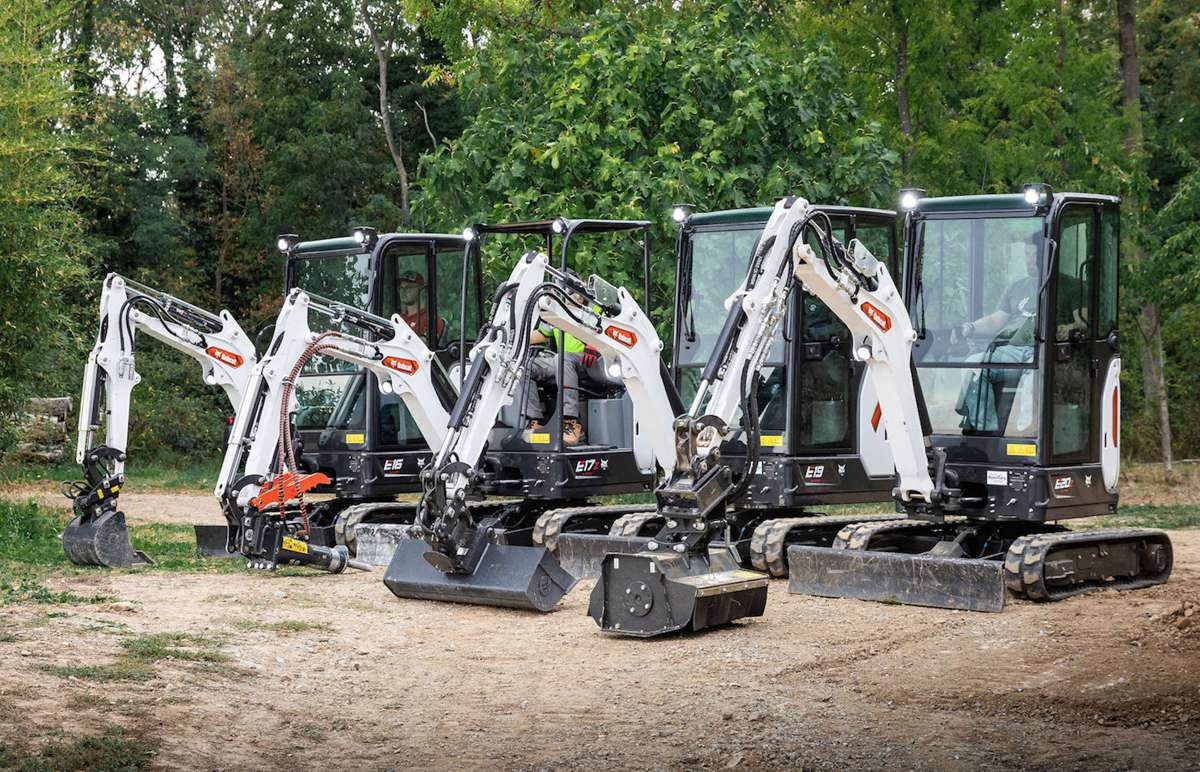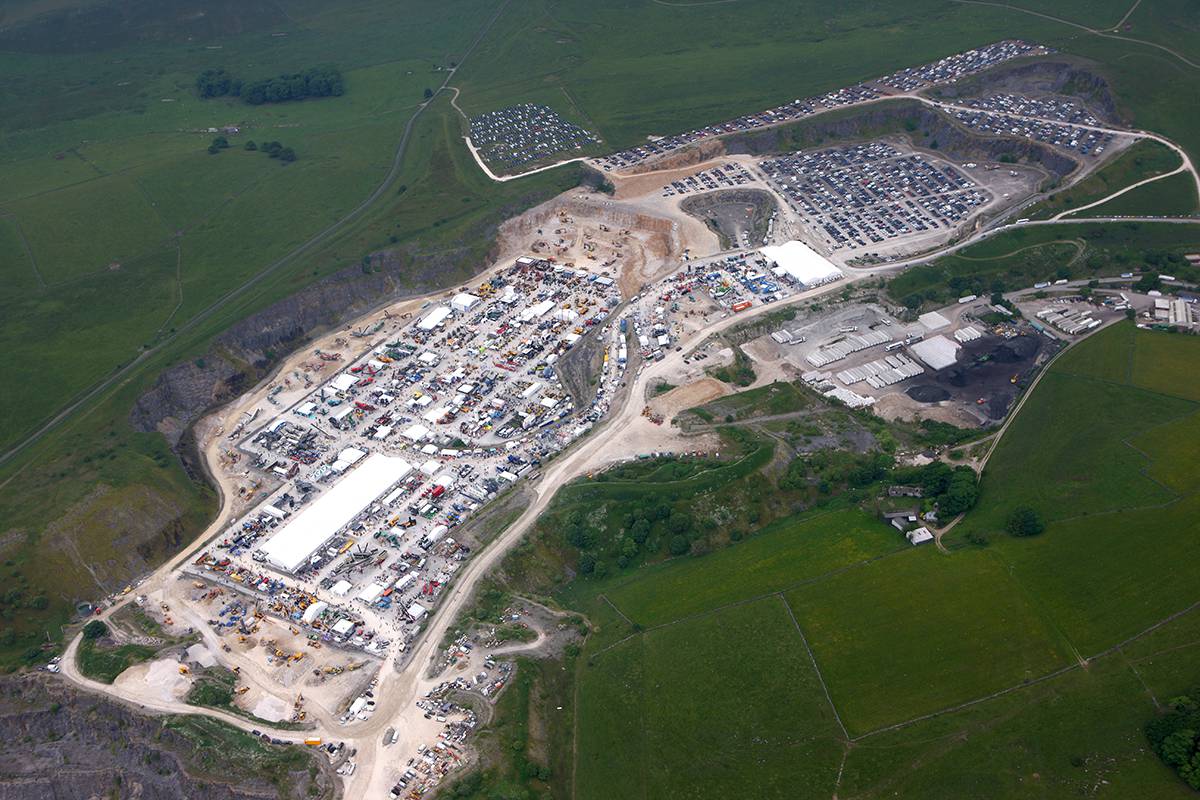Southampton University process for turning carbon emissions into plastics
Scientists from the University of Southampton have invented a hybrid catalyst platform that can efficiently and sustainably convert carbon dioxide into versatile plastic materials.
The Viridi CO² platform, created by Dr Daniel Stewart and Professor Robert Raja, has been recognised by the Royal Society of Chemistry (RSC) as a winner of its prestigious 2020 Emerging Technologies Competition.
The novel chemistry solution could be used to more effectively produce tens of millions of tonnes of plastics used annually in mattresses, clothing and building insulation, while also reducing carbon dioxide emissions.
In future, the technology could be retrofitted to the output streams of petrochemical refineries to close the carbon loop, representing a major step toward the UK’s vision to bring all greenhouse gas emissions to net zero by 2050.
Viridi CO² has emerged from Dr Stewart’s doctoral research, which followed an MChem degree from Southampton’s School of Chemistry. During this research he and Professor Raja invented the hybrid, heterogenous catalytic platform (PCT/GB2019/053596) capable of superior Carbon Capture Utilisation (CCU) potential compared with conventional Carbon Capture Storage (CCS) solutions.
Professor Raja’s group has been developing a predictive catalyst design rationale at Southampton for the past 15 years, but this new technology represents a significant advance from the finite potential of CCS technologies while offering sustainable alternatives for the advanced manufacturing of plastics through CCU.
The award-winning approach has focussed on the production of polyurethanes. These materials, which can be tailored to be either rigid or flexible, are currently created solely from fossil fuels and are single use.
One way to improve the sustainability of these materials is to derive the starting materials, in this case the polyol, from carbon dioxide. This process produces polyols with carbonate linkages that allow the polymer to be more easily broken down at the end of its life and recycled.
There are, however, few catalysts capable of performing this transformation. Current processes suffer from using highly toxic chemicals, or require synthetically demanding and costly processes to remove the catalyst from the polymer, as is the case for homogeneous catalysts. The few heterogeneous examples available all require forcing conditions with extremely high pressures, temperatures and lengthy reaction times.
Viridi CO²’s catalyst platform provides a route to polymer feedstocks that can be synthesised under more sustainable conditions with energy savings of up to 75 per cent. The innovation has been named the Energy and Environment winner of the RSC Emerging Technologies Competition, selected from over 90 proposals worldwide.
Dr Stewart, EPSRC IAA Research fellow within the School of Chemistry, says: “To have the endorsement of the Royal Society of Chemistry for the stage we’re at is phenomenal, and gives us real impetus to speak with investors and stakeholders and demonstrate our enthusiasm and expertise in this area.
“Our platform is capable of maximum carbon dioxide insertion under lower temperatures, pressures and dramatically reduced timeframes. These benefits provide superior energy efficiency and high productivity leading to reduced costs. Unlike other alternatives, these catalysts can also be reused and synthesised in minutes.”
The research team have filed a patent for the discovery and are participating in the SETsquared Innovation to the Commercialisation of University Research (ICURe) Programme, as they prepare to spin out the technology.
Professor Raja, Professor of Materials Chemistry and Catalysis, says: “This ground-breaking research is motivated by the lack of technologies utilising carbon dioxide as a viable synthetic feedstock, despite its low price and huge abundance.
“30 million tonnes of polyurethanes are produced globally every year yet they remain scarcely recyclable. They find use across many commercial sectors and the industry is set to grow to $70 billion by the year 2022. In the presence of uniquely designed catalysts, up to 50 per cent of the polyol feedstock mass can be replaced with carbon dioxide.
“By developing a platform-based design, we have shown that components of the catalyst can be modified, tuning the catalyst towards desired physical properties within the polymers. Having worked with multinational catalyst and petrochemical industries worldwide for over 20 years, we are optimistic the innovative and advanced characteristics of this catalyst platform can provide a significant manufacturing impetus to the UK chemical industry.”
The Viridi CO² platform was produced with research funding from the Engineering and Physical Sciences Research Council (EPSRC), with further scale-up work and commercialisation activities supported by an EPSRC Impact acceleration (IAA) award.
The team has been advised by the University’s Future Worlds start-up accelerator and business mentor Chris Spackman, together with technology transfer expert Paul Wilkinson.





























